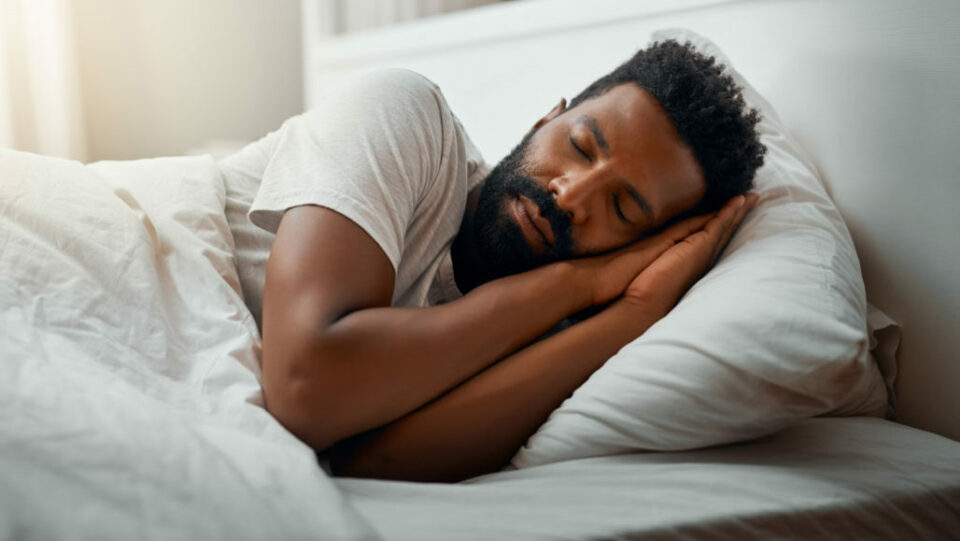
Sleep Apnea: Types, Diagnosis, and Treatment in Monroe
The third episode in our neurology podcast series features Dr. Juan Lacayo, a neurologist in Monroe, GA. This episode delves into the complexities of sleep apnea, specifically exploring the differences between two primary types, central and obstructive sleep apnea, and their implications on health. This blog post provides a high-level overview of these topics.
Obstructive Sleep Apnea vs. Central Sleep Apnea
Obstructive sleep apnea occurs when airflow into the body is compromised due to blockages in the throat, hindering air flow from outside to the lungs. Central sleep apnea, on the other hand, arises from irregularities in the brain’s signals, preventing it from sending the necessary commands to the diaphragm muscles for proper breathing. This neurological dysfunction distinguishes central sleep apnea from obstructive sleep apnea.
Obstructive sleep apnea is more common and is often associated with factors like obesity and increased neck size. Its symptoms include excessive daytime sleepiness, snoring, gasping for breath during sleep, and frequent awakenings, affecting the quality of rest.
The Impact of Sleep Apnea on Health
Both central and obstructive sleep apnea can have significant health repercussions beyond just sleepiness. Both are linked to chronic conditions such as hypertension, heart arrhythmias, and difficulty managing blood sugar levels. Sleep apnea can hinder weight loss efforts, as it triggers stress hormone release, contributing to obesity.
Diagnosing Sleep Apnea
Recognizing sleep apnea symptoms is crucial, and anyone experiencing symptoms like excessive daytime sleepiness, snoring, morning headaches, or fatigue should make an appointment with a medical care provider. If you have a partner who is experiencing these symptoms, it is essential to encourage them to see their medical provider. Based on their symptoms, their medical provider will refer them for either an at-home sleep study or an in-lab sleep study.
Treatment Options
The treatment options for sleep apnea vary based on its severity. Lifestyle modifications like sleep position therapy (encouraging side sleeping), weight loss, or removing obstructions like large tonsils may be effective for mild cases. Surgery, while an option, is typically reserved for specific anatomical issues contributing to sleep apnea.
The gold standard treatment for obstructive sleep apnea is Continuous Positive Airway Pressure (CPAP) therapy, which uses pressurized air to keep airways open during sleep. CPAP machines come with different mask options to ensure comfort and adherence. Many patients find that once they get used to CPAP therapy, they experience a remarkable improvement in their sleep quality and overall health.
Central sleep apnea can be more complex to treat, often requiring a BiPAP (Bilevel Positive Airway Pressure) machine, which provides two different pressure levels for inhalation and exhalation. For some patients with central and obstructive sleep apnea, a more advanced device may be necessary, such as an Adaptive Servo-Ventilator (ASV). ASV machines monitor and adjust airflow based on the patient’s breathing patterns.
Conclusion
Sleep apnea, whether obstructive or central, is a serious condition that can impact an individual’s overall health and quality of life. It’s crucial to recognize its symptoms, seek diagnosis through a sleep study, and explore appropriate treatment options. Sleep apnea can have far-reaching consequences, but with the right approach, individuals can enjoy better sleep, improved health, and enhanced well-being. Don’t underestimate the importance of addressing sleep apnea—it can be life-changing.
Subscribe to our newsletter, The Wellness Round-Up, to receive the latest news, events, and preventative health tips, along with Dr. Plaster’s resource, “Five Tips to Better Health.”
Subscribe to the Between Two White Coats podcast to listen to the rest of our neurology series. Please leave us a rating and review; this will help others find our podcast.